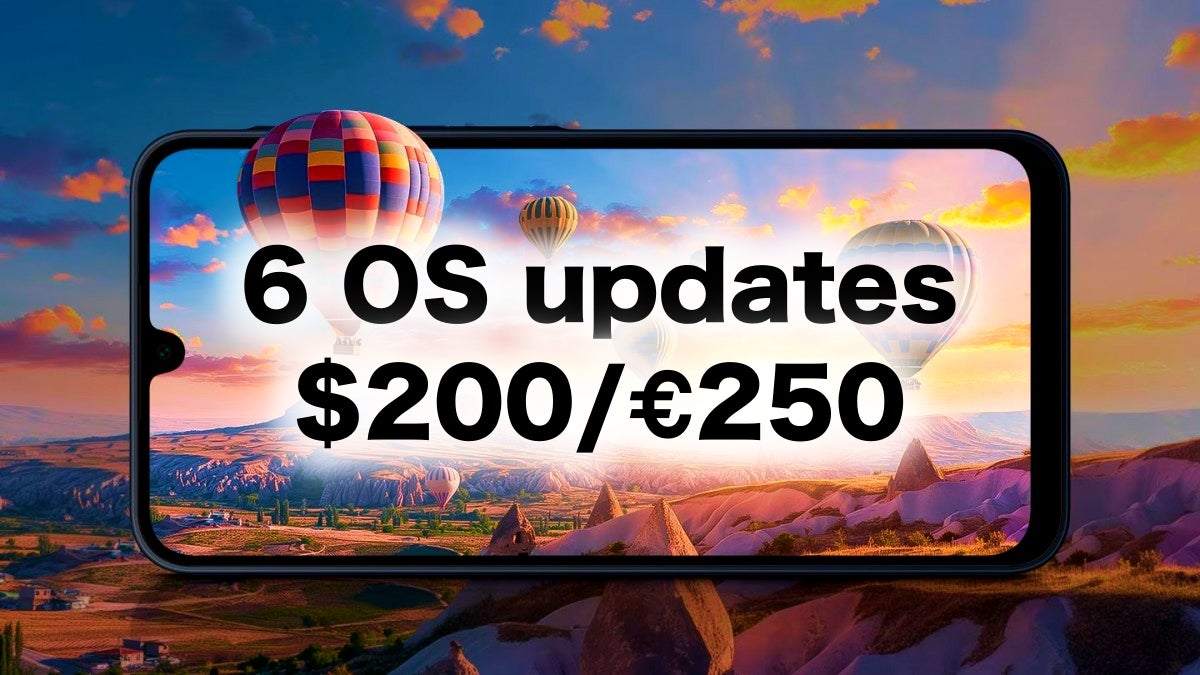Regardless, there’s still a huge appeal for budget devices around the world, and particularly in developing countries. For that very reason, the best-selling Android phone of 2023 was in fact the $200 Galaxy A14.
Combining the 4G and 5G versions of the same phone, this one actually became the third best-selling phone of last year.
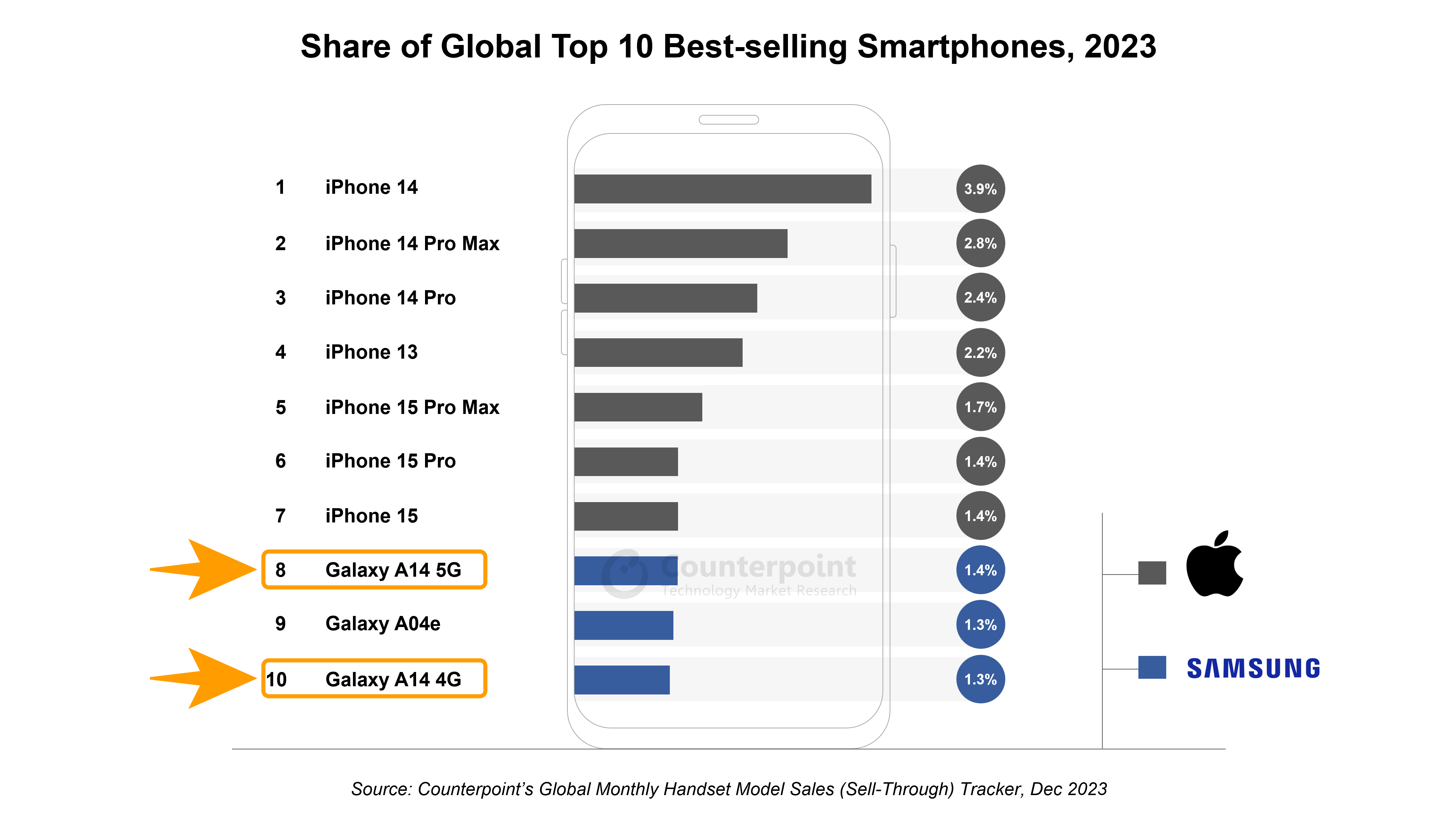
Naturally, this makes the successor to the Galaxy Galaxy A15 (which might very well turn out to be the best-selling Android phone of 2024) a very important device.
But that’s not the case if you go through the spec sheet of the just-launched Galaxy A16. Or if you simply take a quick look at it.
Galaxy A16: Samsung has decided the best-selling Android phone in the world should look worse than a phone from 2015
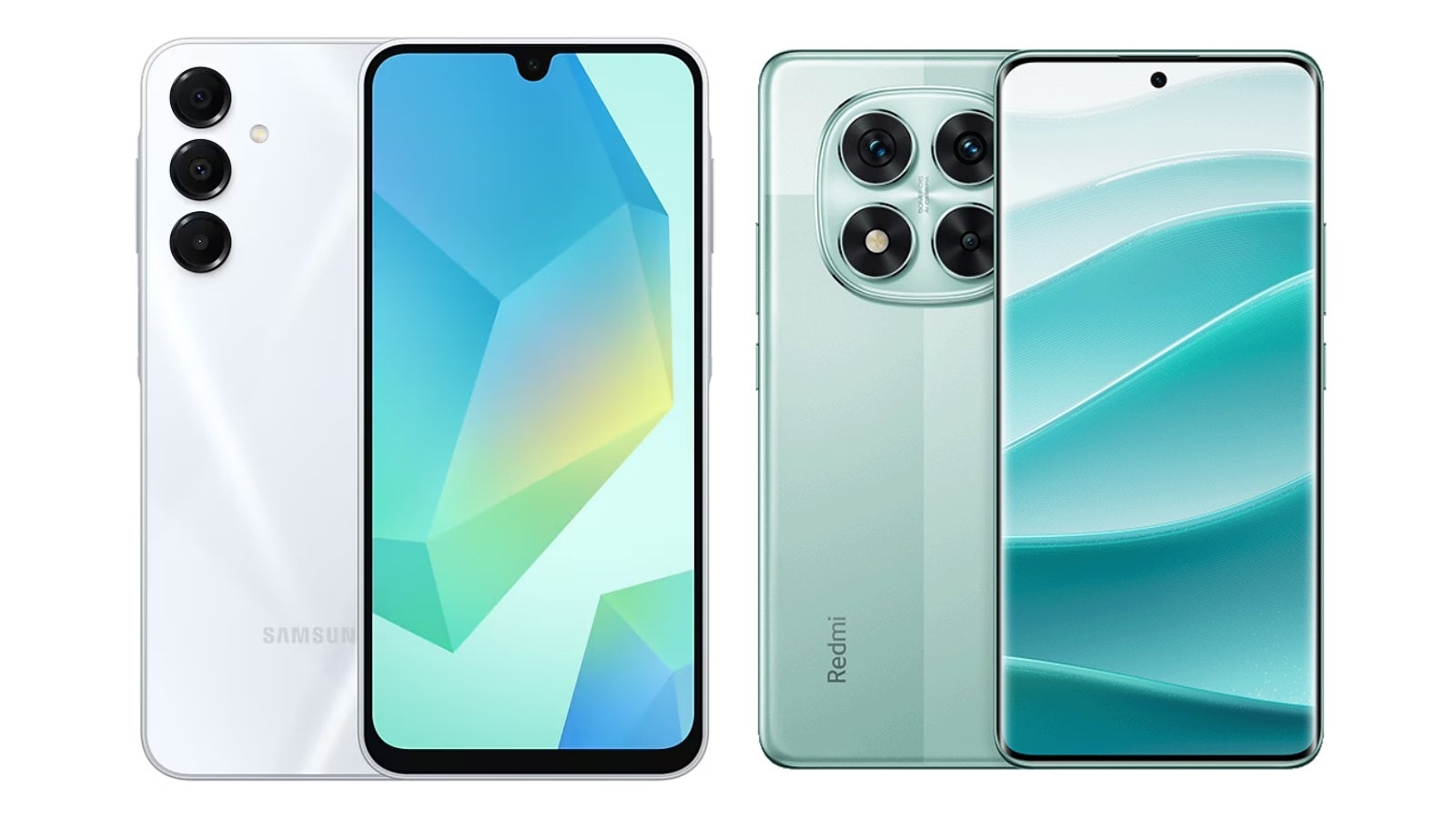

It might be hard to believe but the Xiaomi Redmi Note 14 Pro and Motorola Moto Edge 50 cost as much as the Galaxy A16. But they look like $1,000 phones next to Samsung’s phone.
It almost makes me think that the Galaxy A16 would’ve looked better and more premium if it had two equally sized top and button bezels – at least this would make it seem “old-school” rather than just old.
And, no I’m not directly comparing the two phones – I’m simply making a point about how big the A16 is.
Samsung will offer 6 years of OS updates for the Galaxy A16, but does it matter when the phone already looks 6 years old? In fact, the A16 will look 20 years old in 2030, and the same can’t be said about the Moto Edge 50 Fusion, or the Xiaomi Redmi Note 14 Pro.
Samsung markets the new Galaxy A16 as a phone that can last 6 years, but is that true?
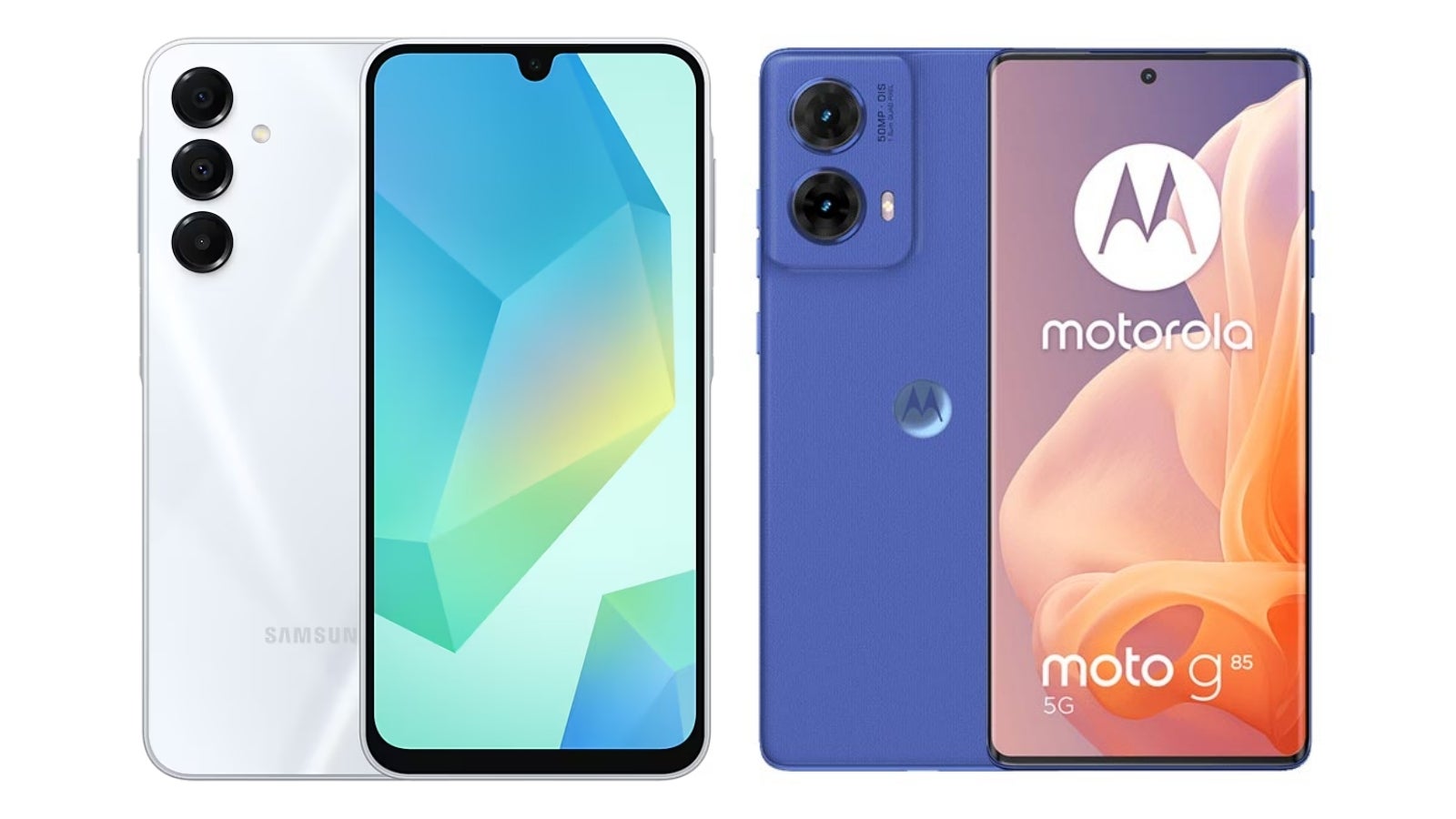

Galaxy A16 next to the Motorola Moto Edge 50 Fusion. The two are priced identically.
The Galaxy A16 starts at €250 in Europe (expected to launch at $200 in the US), and that gets you 4GB of RAM and 128GB of storage. Compared to the 8/256GB and even 12/512GB combos offered by similarly priced Motorola and Xiaomi phones (from 2023 and 2024), this seems… criminal.
The dated design aside, the 4GB of RAM in the base variant, and a subpar Exynos/MediaTek chip on board make it so that I don’t need to give you the entire spec sheet to explain what’s wrong “on the inside” of the Galaxy A16.
Launching at this time of the year, at €250/$200, puts the Galaxy A16 in an impossible position – at least if you know other phones exist (and they are available in your region.
Motorola and Xiaomi’s excellent budget phones make the Galaxy A16 impossible to recommend
I won’t go into too much detail and a full comparison, but there are a number of phones in the €200-300 price range that will run circles around the Galaxy A16 in virtually all areas, offering far better processors, cameras, design and premium features like IP68 water-resistance and fast-charging.
- Galaxy A35 (goes for as low as €240 in Europe, or $260 in the US)
- Motorola Moto G85 (goes for as low as €220 in Europe, $290 in the US)
- Motorola Moto Edge 50 Fusion (goes for as low as €270 in Europe, not sold in the US)
- Xiaomi Redmi Note 13 / Xiaomi Poco M6 Pro (goes for as low as €170 in Europe, not sold in the US)
- Xiaomi Redmi Note 14 Pro (not globally-available yet – can be imported to Europe and the US for as low as 250 euros/dollars)
Galaxy A16 will prove long software support doesn’t mean much if the phone doesn’t have the hardware to keep up with the new software
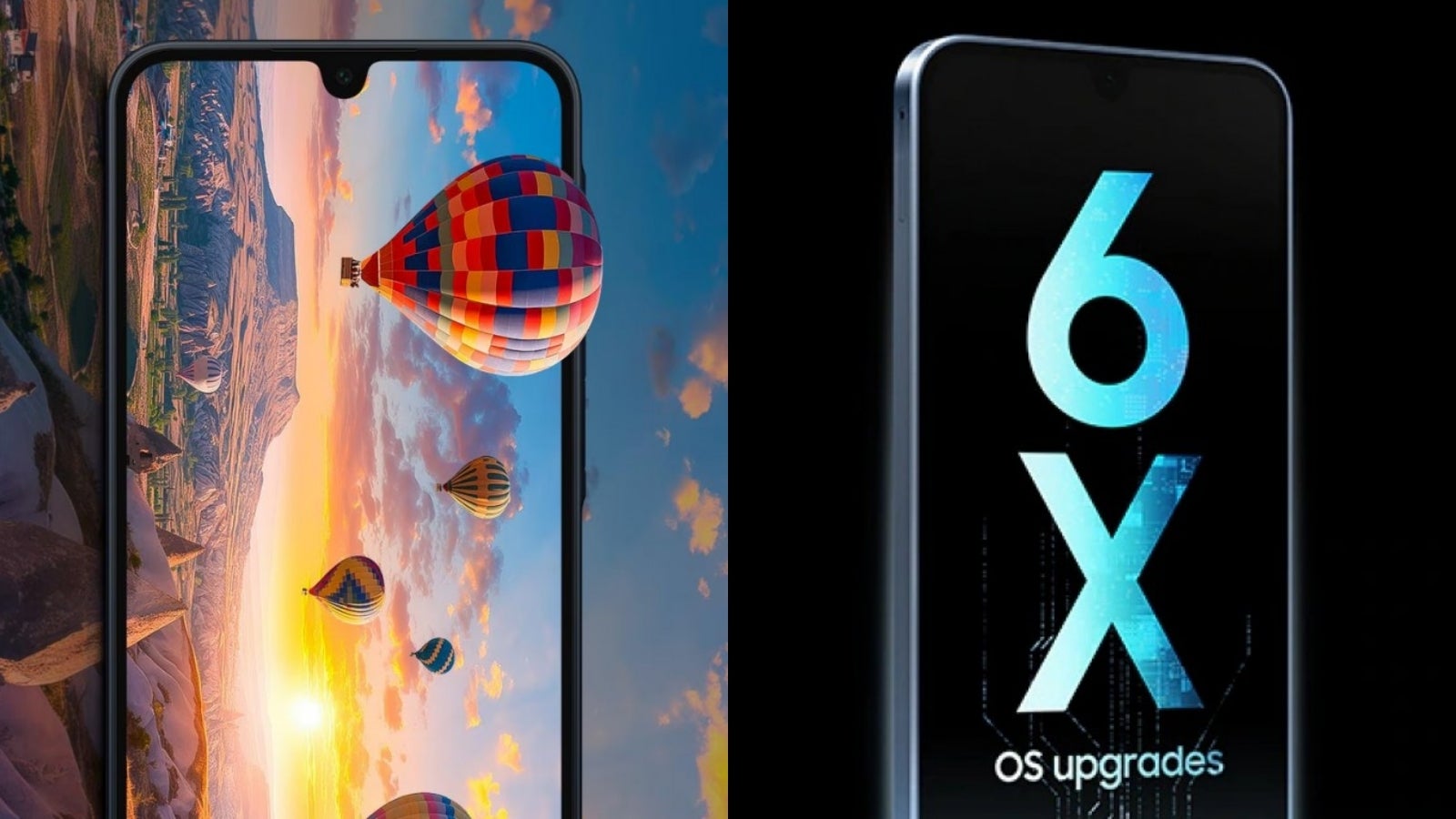

That’s right – the Galaxy A16 will get just one OS update less than the Galaxy S24 Ultra, which (hold on to your chairs) has a 250-1,000% faster processor depending on the benchmarks you look at (CPU, GPU, NPU). Yes, that’s a “thousand” percent – it’s not a typo.
Although Samsung’s marketing leans on the whole “6 years of OS updates”, wouldn’t this promise be irrelevant if the phone is laggy when you take it out of the box on day one? And the reason I say this is because this was the case with the Galaxy A15, which showed lag and stutters from the get go.
Call me crazy but making “6 years of OS updates” the main marketing point for a phone that might or might not be able to handle 3 OS updates before becoming unusable, seems… like a trap. Especially when 50-100% more powerful phones are available in the price segment.
Is Samsung taking advantage of its position in the market to sell dated budget phones in developing countries?
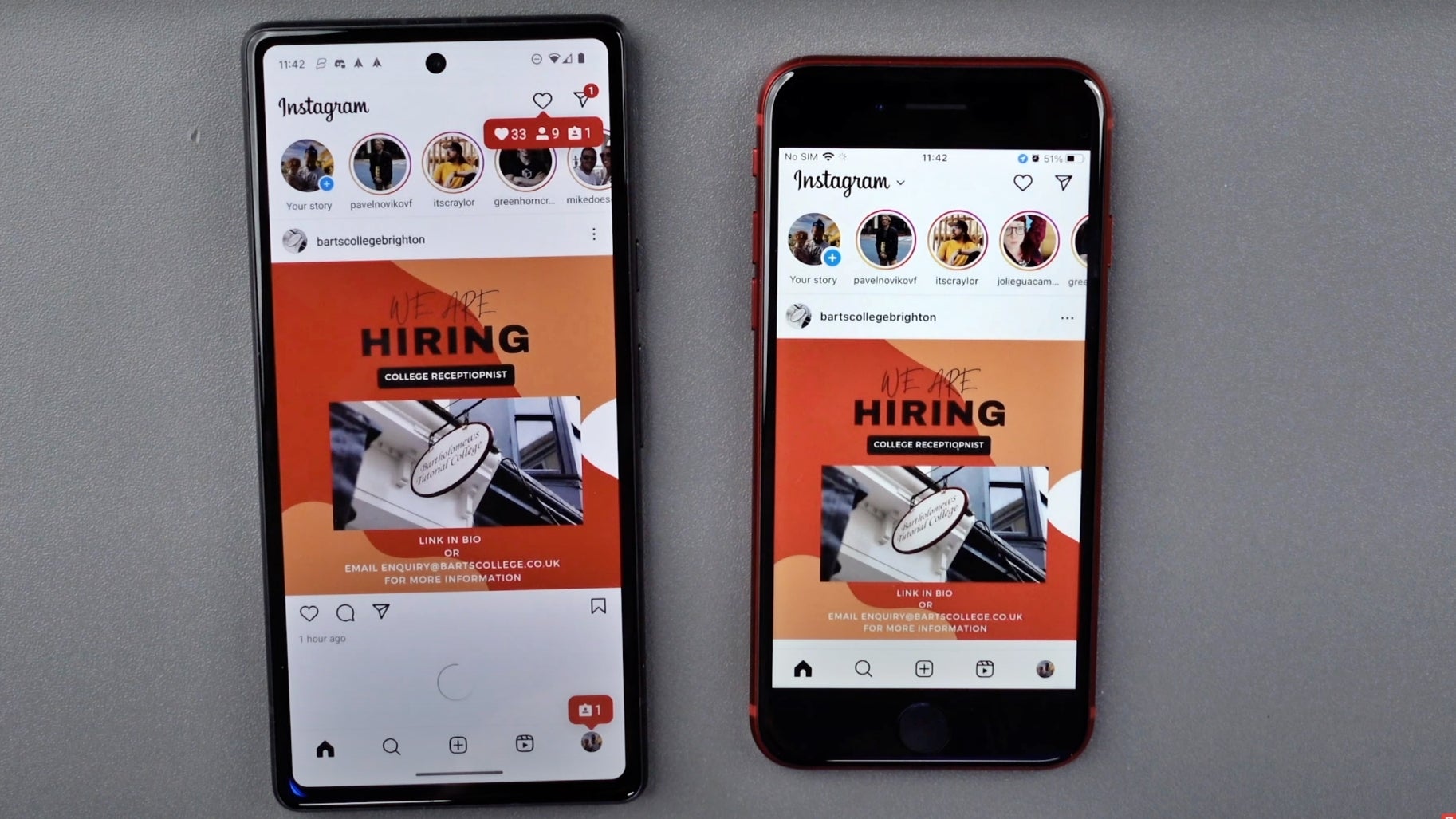

I thought selling dated-looking phones, when more premium alternatives are available, used to be Apple’s specialty.
To add salt to the wound, Samsung promises 6 years of OS updates for the Galaxy A16, which seems like putting a bandaid on a broken leg.
And as someone who tests and uses flagship phones, I might not be the target market for the Galaxy A16, but this doesn’t mean I can’t see how cheap Samsung is playing it here.
The truth of the matter is that Samsung’s brand following and the fact that Galaxy phones are the most widely-available budget phones around the globe will probably propel the Galaxy A15 and A16 to sell well. But while the company could get away with it 2-3 years ago, this cheap trick is starting to feel… too cheap.
The above-mentioned alternatives to the Galaxy A16 make it look like a budget phone from 2018, which might be where it belongs. So… How long before people realize they’re getting ripped off?
